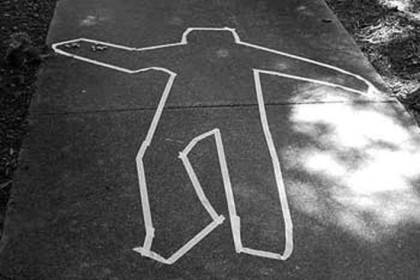
(…) All this is not good because it is complicated, while the art of crime is simple, we must never forget! What moves the “knife of the murderer” is never something sophisticated, or better, it can be in the form, but certainly never in the content (motive). The murderer is always driven by something very low, extremely low… by private revenge or murder for an inheritance, to false political motives, the basis that activates the criminal mastermind leverages the most archaic and tribal human sentiment: elimination of other people.
Little does it matter if who carries out the crime is an electronics engineer rather than a coloured drug dealer who just came out of the ghetto: crime is crime, just as business is business. Please understand that if you don’t drive this prerogative into your brain it becomes impossible for any writer, even the most prepared one on the topic, to create a good crime novel or story. The writer would be beaten right from the beginning by the first ex-convict who has the idea to translate it into paragraphs even a penny of his life and experience, on the other hand, any attempt of the early intellectual to revive his/her story by increasing the dose of cynicism and violence would only result in, by comparison to those who really experienced it, making the writer seem like a “naughty child that has pissed off the pot.”
I’m not saying that in order to write a good crime novel or story you have to spend twenty years in prison, killed someone or committed a robbery, as did the award-winning performer of “Machete”, Danny Treyo, or the esteemed writer of “Reservoir Dogs”, Ed Bunker. Far from this, but at least keep an open eye on the people that are around, so you can measure the criminal potential, this yes; starting from the Café down the street, for example, beginning to wonder “who am I drinking coffee with?” Assuming that if the perfect murder exists we do not know why it occurred, or who did it, by definition, we really do not know who is sitting next to us in the local inn.
The stories are already written, the plots are perfectly composed on the silver platter of our daily lives, crime is served. All the author has to do is provide his/her writing abilities, for the representation of something that “shines brightly”, without constraints, letting go, putting him/herself to one side; “you have to be dead to be true creators” quoted Thomas Mann at the opening of his notable Tonio Krueger (1901). In this sense it was Goldfish that chose me, since the first time I heard him say: “why don’t you draw Goldfish?” a friend said to me many years ago, “it is a short story by Chandler of ’36.
(continues)
 English
English  Italiano
Italiano 


